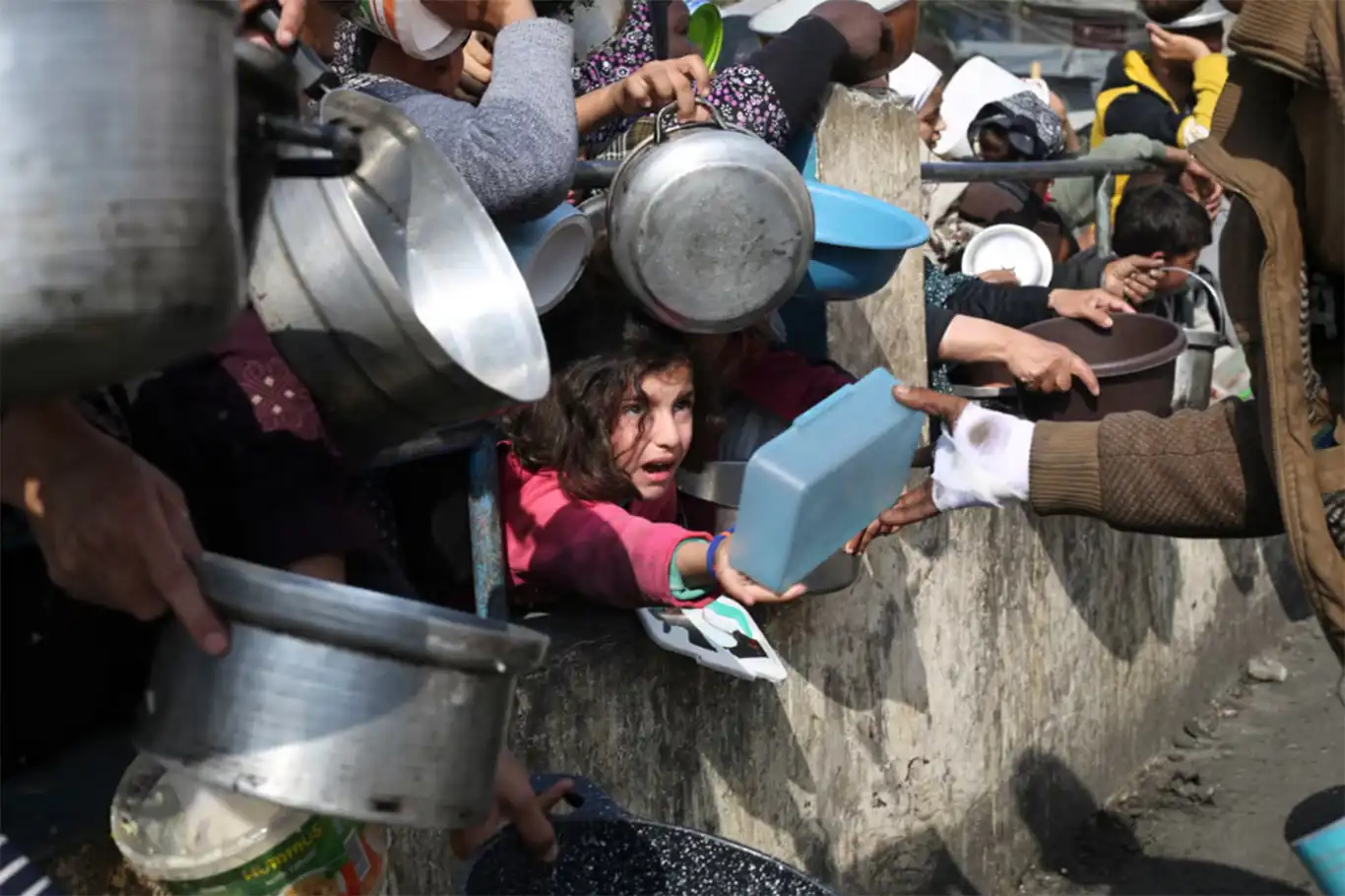Cholera outbreak in Cameroon claims 26 lives, death toll reaches 426
According to a health ministry official, the death toll from Cameroon's cholera outbreak has risen to 426, with an additional 26 deaths reported in the past two weeks.

 Google News'te Doğruhaber'e abone olun.
Google News'te Doğruhaber'e abone olun. The outbreak, which was declared in October 2021, has seen a significant increase in cases since late March of this year, following a period of low transmission, as stated by the World Health Organization.
Linda Esso, a ministry official, revealed that the number of confirmed cholera cases in Cameroon has now reached 1,868. The situation has raised particular concerns as many countries are witnessing higher case fatality ratios compared to previous years.
The health ministry expressed worry over the fact that more than 79% of cholera cases in Cameroon are reaching health facilities in a moderate or severe state. This increases the likelihood of fatal outcomes, underscoring the urgency of addressing the situation.
Cholera is an infectious disease caused by the bacterium Vibrio cholerae, primarily affecting the small intestine and resulting in severe watery diarrhea and vomiting. It spreads through the consumption of contaminated food or water, particularly in areas with inadequate sanitation and poor hygiene practices.
The symptoms of cholera can range from mild to severe, and if left untreated, severe cases can lead to dehydration, electrolyte imbalances, and even death. Rapid fluid loss through diarrhea poses a significant risk of severe dehydration, especially among vulnerable populations such as children, the elderly, or individuals with weakened immune systems.
Treatment for cholera primarily focuses on rehydration and replenishing lost fluids and electrolytes. Oral rehydration solutions, which contain a precise balance of salts and sugars, are commonly used. In severe cases, intravenous fluids may be necessary. While antibiotics can help reduce the severity and duration of the illness, they are not a substitute for rehydration therapy.
Preventing cholera involves improving sanitation and hygiene practices, ensuring access to clean water sources, and raising awareness about safe food and water practices. Vaccines are available and provide some level of protection, particularly in high-risk areas and during outbreaks.
Cholera remains a significant public health concern, particularly in regions with inadequate infrastructure and limited access to healthcare services. Swift identification, treatment, and prevention measures are crucial for controlling the spread of cholera and minimizing its impact on affected communities. (ILKHA)


















































